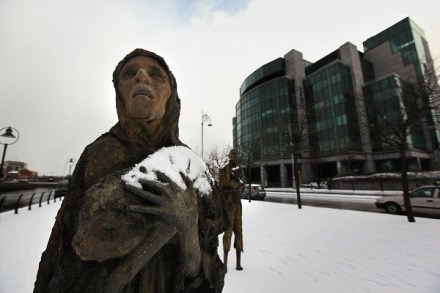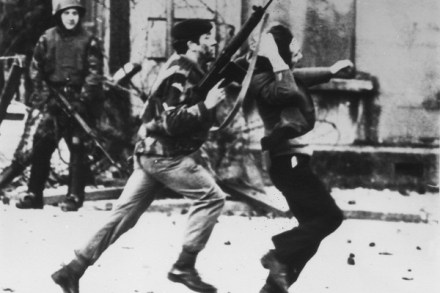A duty to protest
More from BooksA few years ago, in West Africa, a woman came up to me and said, ‘You know what’s wrong with our men? They go crazy once they get power. Crazy and bad.’ Chinua Achebe’s saving has been the fact that he never sought power, at least not of the kind that leads to conflict and





















